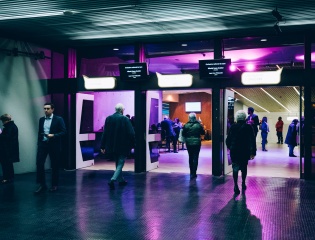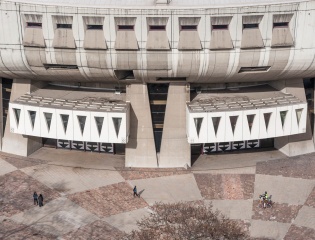Programmation
-
Johann Sebastian Bach
Suite pour orchestre n° 4, en ré majeur, BWV1069
20 min -
Wolfgang Amadeus Mozart
Concerto pour piano n° 27, en si bémol majeur, KV 595
27 min -
Johann Sebastian Bach
Magnificat, BWV 243
33 min
Distribution
It could seem strange that Bach wrote so little for instrumental ensembles, even allowing for the numerous scores destroyed in a fire. Although not as well-known as the first three, Suite no. 4 is just as light and playful. Its final movement is the only “Réjouissance” written by Bach. Mozart was only thirty-five years old when he gave the first performance of his last piano concerto in the final year of his life. For him, B flat major was the sunniest key, the most light-hearted, just like this work full of energy and contrasts. In the second part of the concert Ton Koopman returns to Bach, of which he is one of the greatest interpreters. From the Magnificat (“My soul glorifies the Lord”), written by Bach in 1723 for his first Christmas in Leipzig, he will conduct the revised version, without the direct references to the Nativity. This work, one of Bach’s rare pieces in Latin, is both magnificent and exuberant, a blend of powerful choirs and moving arias. The final Gloria repeats the theme from the beginning on the words “Sicut erat in principio” (as it was in the beginning).
En complicité avec le Festival d’Ambronay / Centre culturel de rencontre d’Ambronay.



